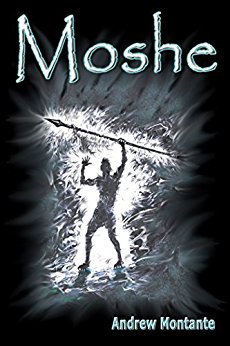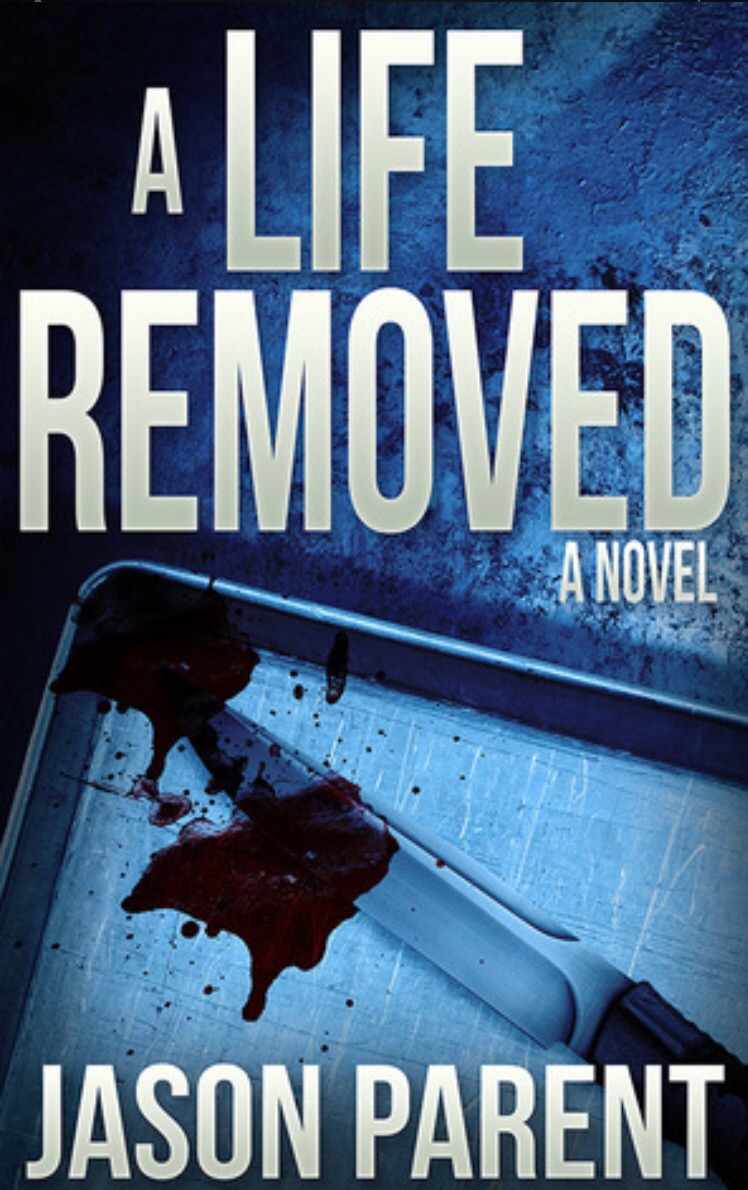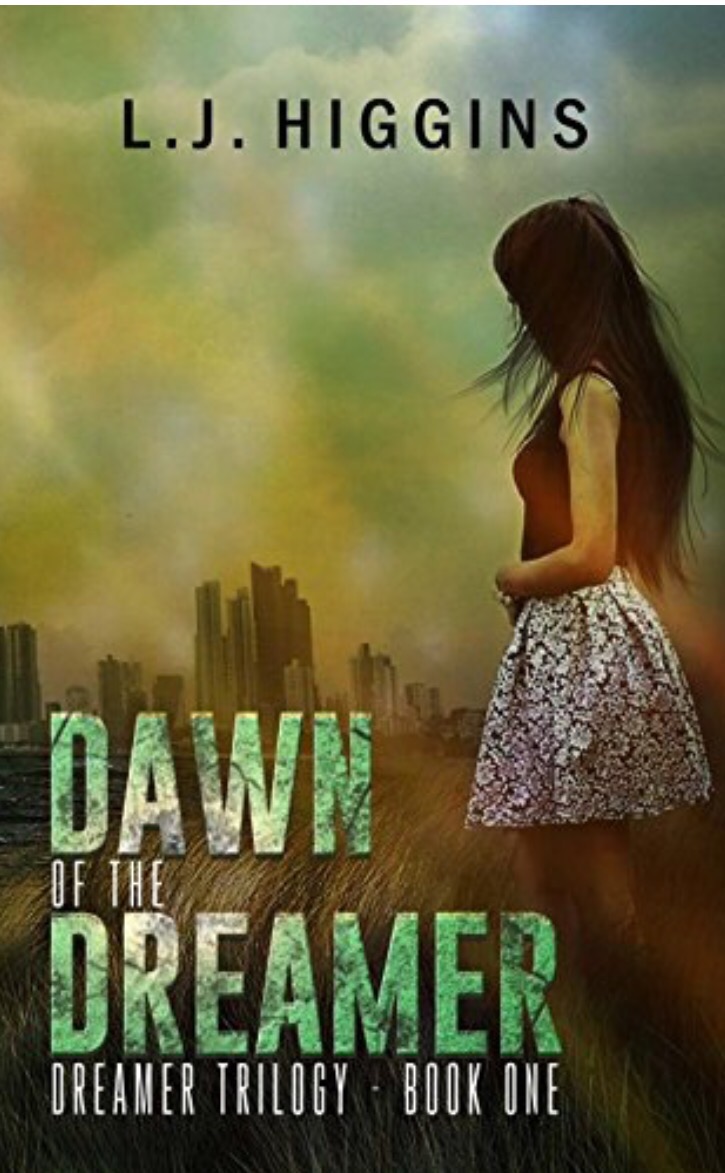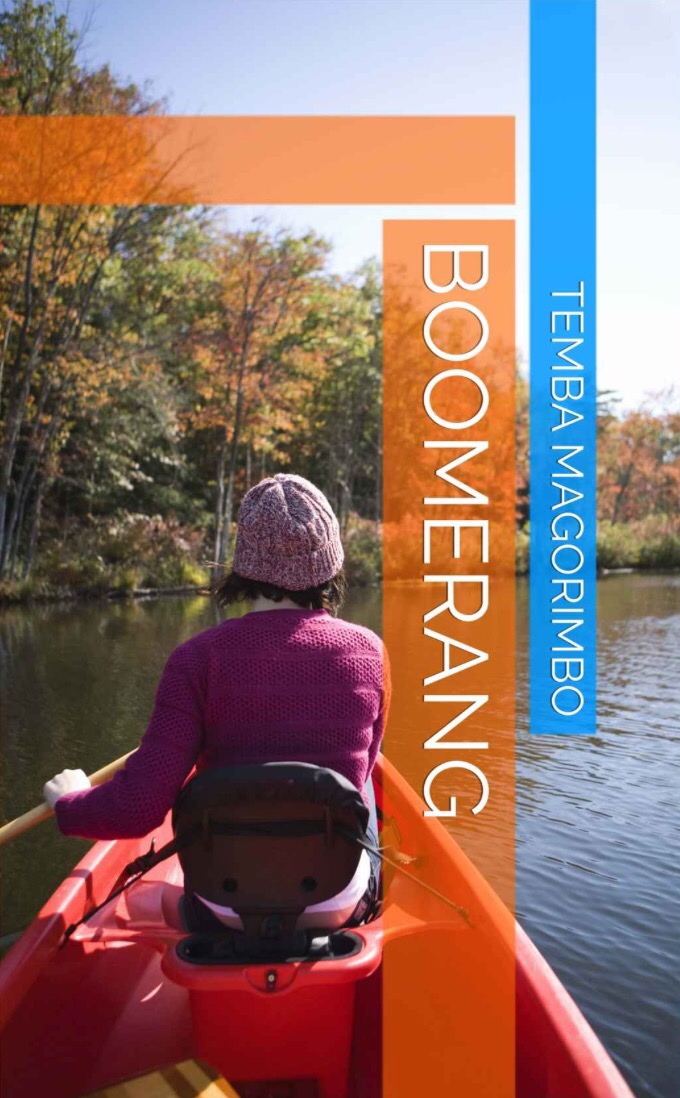Reviews are going to be postponed for a day or two. Hoping to have them resume on Monday. Thank all of you for your patience and understanding 🙂
Month: August 2017
The Moaning of Loaf, by Ade Bozzay


Don’t forget to check out my Patreon!
I adore weird, off-the-wall novels with dirty, dark, and cynical humor. They tend to stray in directions far from the comfort zone of mainstream narratives. Because of that, I feel that oftentimes they’re more creative and interesting. However, I will say that, unfortunately it takes a certain kind of reader to appreciate and understand it. Therefore, a niche audience is required.
The Moaning of Loaf was just one such novel. To start with, Nobby is an unattractive, unlucky–or incredibly lucky, depending on how you want to look at it–lonely man. His life is essentially a joke, but he makes do. After a knock to the noggin, he woke up in an alien spacecraft. Think his luck gets any better? That’s open to interpretation. Nobby seemed to be the luckiest unlucky man just…ever.
There were many reasons to like this novel. Nobby was an unconventional character in many ways. Throughout all his misfortune, he managed to maintain such an odd outlook on life. It fluctuated between pessimism and blatant disregard. As a character, Nobby just kind of is. He was nothing extraordinary or special–and he knew it. Yet he still managed to carry on.
Tonality was a huge deal for narration. It set a light and humorous, yet decidedly dark and cynical way of reading. It balanced the actions of the story well.
A wide array of characters were available, and they all had positive messages to teach; be it the reader or Nobby. My favorite one was that it was easy to admit when you were wrong and apologize for any misgivings your ignorant actions may have caused. Especially where cultural differences were concerned. There was a whole lot of respect floating around. It showed that people of all types can, in fact, set their differences aside and get along. However, it also demonstrated that prejudices do get in the way and aren’t the easiest thing to overcome.
The plot was good. Thing did feel a bit rushed at the end, though. It made the climax sort of flat and unimpressive. I really want to give this novel a higher rating. I do. I can’t, though, because it was incredibly unpolished. Quite a bit of technical editing was needed to put this novel where it needed to be.
I enjoyed this novel a lot. I won’t say it’s for all audiences, but those it is meant for will love it. I would love to see a fully edited and polished version. It had quite a bit of potential as either a standalone or a series.
Buy it here!
I Have a Friend on Jupiter, by Celine Rose Mariotti


Don’t forget to check out my Patreon!
The idea of kids having pen pals in space is quite the adorable one. Rather creative, as well. Carlos and Indiana think it’s pretty cool, too. So cool, in fact, that the aliens decide to visit. When that happens, things start to go horribly wrong.
The writing style and simplistic dialogue make this definitely feel geared towards a younger audience. Given the fact that the kids are twelve, I liked how that worked out. Things were fairly predictable and straightforward. The attitudes of the kids and their open mindedness was a strong representation of how some things are taught.
The climax fell a bit short. Giving the aliens certain abilities made things a little too easy. I understand why it was done, but perhaps involving the children a little more would have spiced it up a bit.
The entire thing was well-written, and I think it will hit the target audience. There was a continuity issue or two, and some things being resolved a little too easy made the ending a tad disappointing, but overall it wasn’t a bad story. There were certainly some positive messages in there that I think the younger audience would be able to pick up on.
Buy it here!
A Life Removed, by Jason Parent


Don’t forget to check out my Patreon!
There’s so much I want to say about this novel, I’m not even sure where to begin. There were so many layers and nuances to it that I could not put it down once I started.
There’s a killer on the loose, carving out hearts and leaving the bodies on display. Aaron’s a good cop. He really is. But once he gets involved in the gruesome murders, his life is literally downhill from there.
First things first, as a crime novel, I was really satisfied with how things were set up. Things started off vague, to keep both readers and cops guessing. Then the foreshadowing started to trickle in. “Aha!” the reader says, “I’ve got the whodunnit…what now?” Oh, boy. Let me tell you what now. Things explode. I mostly mean the narrative, of course. It expands and then turns itself on its head. I really liked both of the twists at the end.
There were a lot of psychological and religious themes throughout. Both were tied heavily to morality and it’s grayness. I don’t mean peppered here or there; they were the main themes. Both were explored thoroughly through the narrative. They were both used in conjunction with each other to make their necessary points. What surprised me the most was how well-researched they appeared to be. And, throughout, the narrative remained respectful for all walks of life.
Now, characters, because what’s a story without them? Relationships are put to the test. Some bend, some break, some are formed. Some are brought into question and re-examined when morality is threatened. There was quite a bit of development to go around, some good, others bad. I really liked how well done the “bad” character development was. It’s something that not a lot of novels choose to undertake. I was so happy that this one did. The police force was fallible, realistically so. It really, really made for a good story. It kept things from feeling too easy.
I also enjoyed the realism of the police work. It allowed the reader to keep their attention focused on plot and story progression rather than fanciful detectives that miraculously know everything. It wasn’t boring. It didn’t feel overdone. Yet it was still realistic.
I could honestly go on about this novel, so I should probably stop. If crime fiction with a bit of horror is your bag, please pick up this book and read it. I promise it will be worth your while.
Buy it here!
Dawn of the Dreamer, by L. J. Higgins
Don’t forget to check out my Patreon!
It’s rare to see the first novel in a series wrap everything up nice and neat without giving a teaser as to what’s going to happen next. Sure, the reader has a good idea of who’s going to be involved, but literally left guessing as to the capacity.
Amelia is Dreamer, and I don’t mean her head’s in the clouds. She’s one of few that maintains uncontrolled dreams, as compared to the rest of the population. With the creation of Wristcuffs, people are supposed to enjoy a better life. It allows the wearers dreams to be controlled, feeding them subliminal messages like in that episode of Futurama. Because that doesn’t work on Amelia, she’s an outcast. There’s something wrong with her. And, as with any technology, I’m sure you can already see the downside and how it’s used in the conflict.
Pretty standard when it comes to futurism. Predictable route of one corporation with a monopoly on controlling the populace. While straightforward with its formula, I did like the Dreamer/Non-Dreamer dynamic. It added a nice extra layer of depth to the conflict.
There were a lot of characters I really liked. Most of them, in a few different ways, served the plot well. What made me kind of sad, however, is that this novel ran into a problem that many seem to with a woman as the main character. While she’s interesting and well-written, it feels like her purpose is only to further the plot of other characters. She’s always being saved. She’s dependent on other people. Now, I’m not saying that’s a terrible thing in moderation. Amelia, as the main character, felt like a bystander in her own story. Just a catalyst. There’s good development there, and great potential, it just didn’t feel maximized for this novel.
There were a few other inconsistencies littered throughout. Some of them felt like good, natural progression, but the time jump left information out. Especially towards the middle/end of the novel. They’re noticeable, but not deal-breaking. The rest of the story flowed well, and I really liked the fact that things were wrapped up completely at the end, but the reader knows that it’s not really the end. They know something more is coming, just not how it’s going to play out. I think that was very well done.
All in all, not bad. The narrative itself was well-written. It’s piqued my interest enough that I’m genuinely interested in reading the next one and seeing where things go.
Buy it here!
Review Tomorrow
Had a lot going on with family, and things of that nature. Reviews will resume tomorrow 🙂
As a side note, I’ve started training for a 5k mud run. My very first one. More running than I’ve done since high school. Wish me luck!!
Floating Upstream, by Jo Vraca
Don’t forget to check out my Patreon!
Coming of age genre really felt defined in this novel. Julia’s life is already defined for her: arranged marriage, a family at eighteen, and absolutely no say whatsoever as to what she gets to do. With an abusive father, a compliant mother, and the draw of freedom with a boy she loves, her life just got a lot more difficult. I think it’s the kind of trapped feeling that many people can identify with, and it plays a huge role in the narrative.
All in all, this was a really sweet tale. Lots of positivity to go with the bad. It felt raw and real; a reflection of real life. A fictional memoir, almost. Julia’s life genuinely sucks, but she remains a dreamer. She has a small support group with her brother and some gypsies, and they help keep her grounded and focused. Friendship and love were huge themes, and they are brought to light in a wonderful,whimsical way.
Narrator tone maintains that whimsical feeling. The reader experiences Julia’s longing, heartache, and indecision in a way that will make their heart clench. Emotions were evoked in a purposeful and in-your-face manner. Nothing was sugar coated. That really enhanced the reader experience, I think. Words and sentence structure were really crafted with a singular goal in mind. One that was accomplished very well.
And let me tell you about how well characters were made to go along with that. It’s obvious how much care and attention the author paid to them. All of them were integral to the plot and each other. There was so much development to go around, even with the secondary characters. Not one of them finished in the same place they started. They were the kinds of people that readers would easily be able to identify with. In a way, they were all romantic-type characters that fit in well with the floaty narrative.
No matter how much life got her down, Julia kept trudging along. She suffered so many setbacks, like so many people do, but she never gave up. She turned it into fuel to get her through life. I think that’s a huge, important takeaway for readers. Inspirational, almost, because life sucks and never goes the way we want it to.
I really liked this narrative. Everything from the plot, to the characters, and the description. The climax and the ending were absolutely perfect, in my opinion. Definitely a must-read for audiences of all ages. Exceptionally well done.
Buy it here!
Awakening Macbeth, by Carmen Amato
Don’t forget to check out my Patreon!
Much like the title insists, Awakening Macbeth is the story of one woman’s journey of self-discovery. And, of course, the man she chooses to take on said journey. Throw in a few historically manned dreams where souls are literally at stake.
When I go into romance novels, the biggest thing i analyze is the relationship itself. Is it healthy? Ups and downs, and conflict are one thing. All relationships have minor hiccups. The difference is how they’re addressed. I liked the fact that the narrative created incredibly imperfect relationships and presented healthy solutions. All of those obstacles (and then some) served to really develop Brodie’s character. The level of emotionality that went into the characters was done well.
Characters themselves were done well. The author took a different route when creating character backstories. I liked the accuracy and the respect shown for types of characters created. I don’t want to spoil the types for other readers, but they’ll know it when it happens.
The fact that the narrative was a paranormal romance without the romance itself being paranormal was a nice change in a genre over saturated with vampires, shape-shifters, and things like that. The paranormal actually plays a rather huge part of the plot, even though I feel like it sort of took a backseat at times. Because of that, the buildup was alright, but the climax and the mystery were too easy. I took into account that Brodie was smart and sharp, but it still felt too easy for her.
Actually, to build on Brodie a little bit, I absolutely adored how smart she was. I loved her relationship with other women. There was no petty competition between them; only love and support. Something I wholeheartedly enjoy seeing in any sort of novel.
Writing style supported the tone of the novel, I think. It was firm, without being overbearing. There was some lightheartedness to it, without being overly comical. I think the description worked well, and the brief historical interludes were a nice change of pace and scenery.
Easily one of the better romance novels I’ve read. There was a lot of positivity as well as good messages interspersed throughout. While the mystery could use a bit of tweaking, the story itself was solid and consistent. It follows the general genre formula, yet still manages to not be full of stereotypes. It was really an excellent read.
Buy it here!
Boomerang, by Temba Magorimbo
Don’t forget to check out my Patreon!
Boomerang is the type of novel where it seems like a whole lot is going on, but there’s really not as much as you think. Things are a little convoluted for me still, so hopefully I get this right.
Kangira is a wood carver that became embroiled in sneaky shift of power after the chieftain died. His bachelor status is a huge concern for the tribe, and many encourage him to change that. After he takes a wife, the story follows his descendants and their lives through time and into the modern world and the establishment of his own clan.
The narrative itself was deeply imagined. While fictitious, customs and cultures that were demonstrated allowed for an interesting backdrop. That backdrop slowly changes as time progresses. However, it still maintains a good level of creativity. I think characters really helped with that too. There was a myriad to choose from. All of them had their own, unique stories that contributed to the narrative.
Being a more character-driven story, description lacked in some areas. It tells like the reader should already know the surrounding areas and the actions in the scenes. Changing that around could make the narrative a bit more powerful.
Running through three generations of a family tree was also a little confusing. While the characters are distinctly marked, it doesn’t really click as to who they are or why they’re important until the end. The narrative explored their lives, how they’ve changed from generation to generation, and how they’ve progressed into the future.
Because of that, the tone feels like a familial memoir–one talking about how an empire of sorts. And, I suppose, within their family, they do kind of build an empire.
There was lots of repetitious actions. Not just minor ones in conversations–those were nearly nonexistent. I’m talking more of major plot points. Or rather, the consequences that push the plot forward. I recognize why it’s important, and why it’s necessary, but after a while it got boring. It’s not supposed to be a novel of thrilling proportions, but there was definitely room for less repetition. I think coupled with the fact that the writing itself needed some good, solid editing would do wonders for the narrative.
It was an interesting story in its raw form. Polishing would be a huge benefit for it. It created creative, interesting characters, who have lives that would be considered unheard of now. Not bad.
Buy it here!
Moshe, by Andrew Montante


Don’t forget to check out my Patreon!
Moshe was an interesting experience. It was a very unique blend of Christian mythology and fantasy.
After a cataclysmic event forced their entire village underground, Moshe, his friend Calish, and Calish’s sister, are forced to adapt to incredibly extenuating circumstances. Zombies, magic, mysticism, existential crises, and subterranean people abound.
The most interesting part was how well the mythos was blended. Moses and the Exodus from Egypt was used as the basis for the village’s origin story. It set the tone for not only culture and setting, but something of a timeline, as well. Now that I think back on it, there were a few more hidden within the narrative, only much less obvious.
Characters were done well. I enjoyed the fact that Moshe had a stutter—and one that was more on the realistic side. Calish, even as a secondary character, was huge, and an integral part of the plot. I loved his story arc. His relationship with his sister, Bishtar, was amazing, as well. He was protective without being overbearing. Bishtar herself was one of the few females written in, but she wasn’t given a supporting or nurturing role. She wasn’t there to only further the development of the men. She was an active character, with her own goals, and own story line. And the ending to her story arc was wonderfully surprising.
Getting through things in the beginning was a little trying. There’s a deficit of description in areas, and grasping the setting took me a moment. Things changed so quickly, however, that it almost didn’t matter. The subterranean portion of the story is where the meat is. There’s a retelling of what happened at the beginning throughout, so the reader still manages to glean the necessary information.
Once things get going, they flow nicely. More characters are introduced, and the plot really thickens. The story lines remain distinct, well-thought out, and very intertwined. All the characters and their interactions were necessary for developmental purposes, or simply to push the plot along. They were definitely a creative wrench to throw in for the protagonists. I liked how it highlighted the struggled and victories of two cultures coming together under trying circumstances. There were quite a few interesting, creative, and different messages in the narrative that aren’t found very often.
Moshe turned out to be quite the read. It was well-written. What it lacked in description, it made up for in powerful characters. The plot strayed to the original side, and the ending left me satisfied. A very well-rounded book for a variety of readers.
Buy it here!






